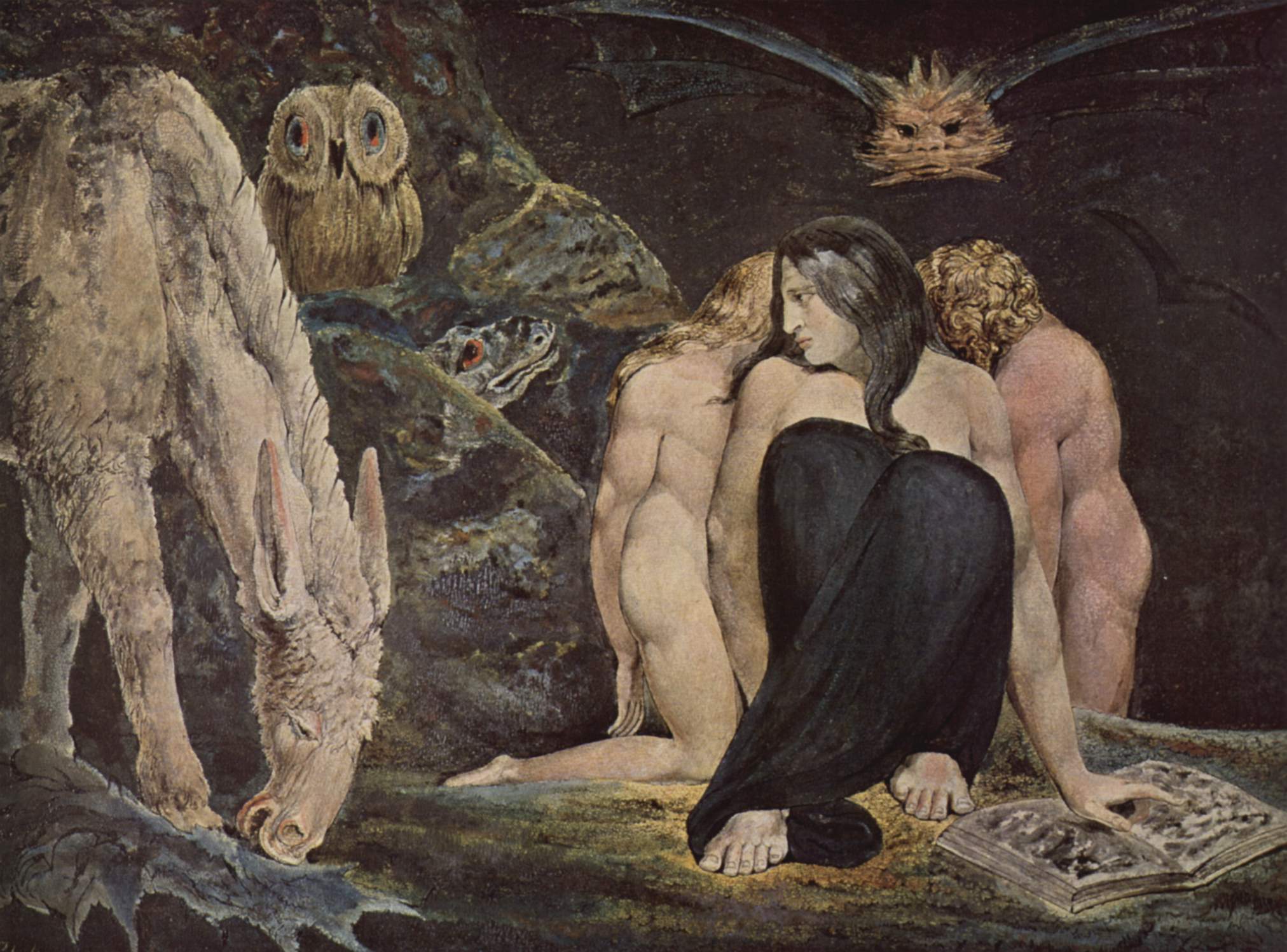 To kill a mockingbird is dead famous; you can read almost all about it at wiki, so I won't repeat all that. As a novel, I think it works: the storyline is interesting, the characters well and subtley drawn. By which I mean that rather than simply describing them, we generally find out about them by what they say or do or how others react to them.
To kill a mockingbird is dead famous; you can read almost all about it at wiki, so I won't repeat all that. As a novel, I think it works: the storyline is interesting, the characters well and subtley drawn. By which I mean that rather than simply describing them, we generally find out about them by what they say or do or how others react to them.But of course its qualities as literature are somewhat overshadowed by its value or role as an element in the campaign for racial justice. In that respect, it is interesting to quote a line from the wiki review, where the value of literature like this is praised as it can "challenge the way we think about things". Alas I am too enlightened: the book did not challenge me at all.
Which leads onto another thought: the book, as a political / campaigning object, is of it's time. We find, again in wiki, reports of people complaining that it didn't go far enough. And it is easy to see instances of this: although Scout briefly wonders, and asks, why all the jury are countrymen; and it is explained (slightly implausibly) why no townsfolk sit, and then why women cannot, because of the law; it occurs to no-one to wonder why black folk aren't on the jury. Nor does it occur to anyone why black folk live out on the outskirts beyond even the white trash. In this I contrast it with Heart of Darkness, which is timeless.
Wiki also contains the throwaway line "its black characters are not fully examined" but I think this deserves more examination. The book is, essentially, about White Folks, and is implicitly racist to that extent. Poor dead Tom Robinson has to die in order for Atticus to be sad about him dying, and indeed for there to be a plot at all, but apart from that we care nothing about him. He even has to have lived all his life with a terrible injury to his right hand, in order for us to be sure he was innocent, and therefore even sadder about him dying. He even has to die escaping from prison, because otherwise we'd have to have an electric-chair scene, which would be distracting, or his appeal would be left hanging at the end of the book, which would be annoying. The black folks are terribly nice to Scout and Jem, but otherwise fade into the background where they belong, with the honourable exception of Calpurnia. Does the book title fall into that, too? If Tom Robinson is the innocent mockingbird, does that not infantalise him?
Wiki seems confused by the mad dog episode but it is not confusing: it is there to show that Atticus, although somewhat disappointing his children by not being a man of action or even playing the-thing-they-call-football, is nonetheless an All Action Hero when needed. That, I think on reflection, is somewhat crude of the author, and not necessary. A more confident book would have allowed Atticus to be heroic in the courtroom and morally upright, and would not have required him to be a deadshot too.
I said the characters were good and they are, but because the protagonist is a young child - only six at the start, and this is good, because the story is introduced slowly, in pieces, that she does not put together but we do, a lovely authorly trick - inevitably she ends up having to think thoughts about character, race, and people's place in society that no young child would ever think - or so sez I - but other than a slight air of implausibility I don't think that matters.
On poverty: I'm a little confused by the financial status of the Finches. They appear to be quite poor, as judged by trivia like finding chewing gum in a tree being a fine find. Yet they get given air rifles for Christmas. Is this consistent? I don't know.
Finally: Heck Tate. Geddit?
No comments:
Post a Comment